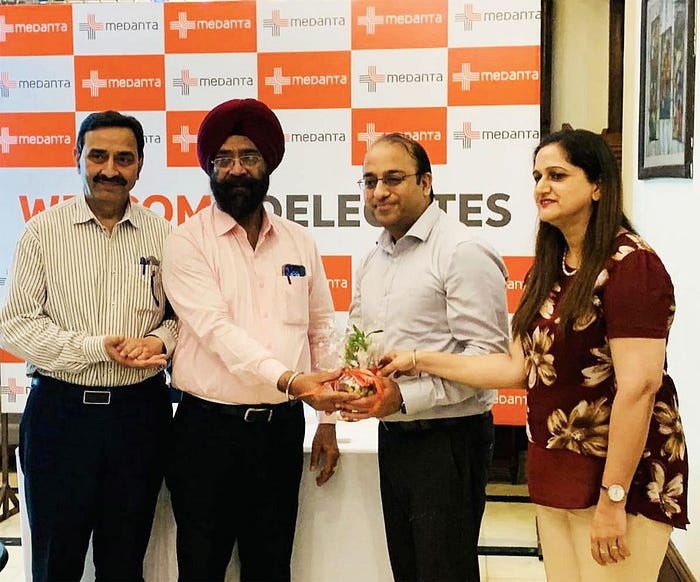
Understanding Pediatric Nephrology: Insights from Dr. Sidharth Kumar Sethi
Pediatric nephrology is a vital and specialized field of medicine focusing on the diagnosis and treatment of kidney-related issues in children. With the kidneys being essential organs that filter waste from the blood and maintain fluid and electrolyte balance, any dysfunction can lead to significant health challenges. Dr. Sidharth Kumar Sethi, a renowned expert in pediatric nephrology, has dedicated his career to understanding and treating these complex conditions in young patients.
The Role of a Pediatric Nephrologist
A pediatric nephrologist like Dr. Sidharth Kumar Sethi plays a crucial role in the healthcare system. These specialists are trained to manage a wide range of kidney-related disorders in children, from urinary tract infections and congenital abnormalities to more severe conditions such as nephrotic syndrome, chronic kidney disease, and kidney failure. Pediatric nephrology requires a delicate approach, considering the unique physiological and developmental needs of children.
Common Kidney Disorders in Children
Dr. Sidharth Kumar Sethi emphasizes that early diagnosis and intervention are key to managing kidney disorders in children effectively. Some of the common conditions treated in pediatric nephrology include:
- Urinary Tract Infections (UTIs): UTIs are prevalent in children and can lead to more severe kidney issues if left untreated. Pediatric nephrologists work to identify underlying causes and provide appropriate treatments.
- Nephrotic Syndrome: This condition is characterized by the kidneys leaking large amounts of protein into the urine, leading to swelling and other complications. Managing nephrotic syndrome requires careful monitoring and a tailored treatment plan.
- Chronic Kidney Disease (CKD): CKD in children can stem from various causes, including genetic factors and congenital abnormalities. Pediatric nephrology aims to slow the progression of the disease and improve the child’s quality of life.
- Congenital Abnormalities: Some children are born with structural abnormalities in the kidneys or urinary tract, which can impact kidney function. Early detection and surgical interventions can often correct these issues.
Innovations and Challenges in Pediatric Nephrology
The field of pediatric nephrology is continually evolving, with new research and technological advancements enhancing the care provided to young patients. Dr. Sidharth Kumar Sethi is at the forefront of these innovations, contributing to the development of less invasive diagnostic techniques and more effective treatments.
However, challenges remain. Access to specialized care is limited in some regions, and there is a need for greater awareness about the importance of kidney health in children. Dr. Sethi advocates for increased education and resources to support families and healthcare providers in managing pediatric kidney disorders.
The Importance of a Multidisciplinary Approach
Pediatric nephrology often involves collaboration with other medical specialists, such as urologists, dietitians, and social workers, to provide comprehensive care. Dr. Sidharth Kumar Sethi highlights the importance of a multidisciplinary approach in ensuring that each child receives personalized and holistic treatment.
In conclusion, pediatric nephrology is a crucial field that addresses the unique kidney health needs of children. Under the expertise of specialists like Dr. Sidharth Kumar Sethi, advancements in diagnosis and treatment continue to improve outcomes for young patients. As awareness grows and resources expand, the future of pediatric nephrology looks promising, offering hope to children and families affected by kidney disorders.
To schedule an appointment With the Best Child Kidney Doctor in India, please contact:
Name: Dr. Sidharth Sethi (Best Child Kidney Doctor in India)
Address: Division of Pediatric Nephrology, Kidney Institute, Medanta, The Medicity, Gurgaon, Haryana, India, 122001
Phone: 0124–4141414
Website: www.pediatricnephrologyindia.com






